detail profile vidmantas fijalkauskas
Peran Yang Di Mainkan Vidmantas Fijalkauskas
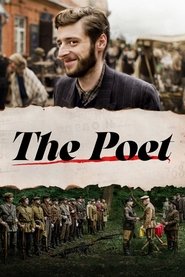 A newly appointed teacher arrives at...
A newly appointed teacher arrives at...The Poet 2022
A newly appointed teacher arrives at a remote village school in 1947. The famous journalist and distinguished poet was downgraded for illegal publications and forbidden anti-Soviet verses. Suspicious locals still prefer to test his loyalties, while children wilingly recite his verses from 'To My Soviet Motherland', written under pressure to prase Uncle Lenin. Eventually, an unforgotten friend shows him a secret wintery path to the Dainava resistance platoon's underground bunker.
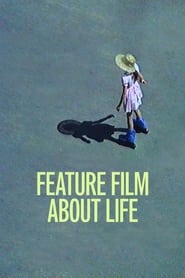 It is highly probable that before...
It is highly probable that before...Feature Film About Life 2021
It is highly probable that before their own death, everyone has to organise someone else’s funeral. This is by far not an easy task. In addition to the searing grief, dying also brings a number of tasks that are at once utterly alien and intensely time-critical. The main character of this film, Dovile, who unexpectedly has to bury her father, has to face the bedlam of exactly such a challenge. Overnight, the young girl has to become a skilful organiser of a family event, while also being a specialist on coffins, urns, wreaths and funeral feasts. Dovile’s journey towards organising a perfect funeral is inevitably full of hardship and mishaps, accompanied mainly by black humour and comical situations.
 During the interwar period a Lithuanian...
During the interwar period a Lithuanian...Nova Lituania 2020
During the interwar period, a Lithuanian geography professor tries to convince the government to establish a backup state overseas, in order to save their country from ruin. However, the idea is mostly mocked and opposed. Still, there is hope in the secret support from the elderly prime minister, who has become disillusioned with politics.
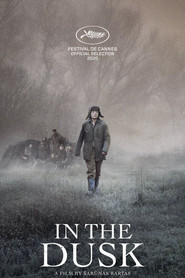 Lithuania 1948 War is over but the...
Lithuania 1948 War is over but the...In the Dusk 2019
Lithuania, 1948. War is over, but the country is left in ruins. 19-year-old Untė is a member of the Partisan movement resisting Soviet occupation. They do not fight on equal terms, but this desperate struggle will determine the future of the whole population. At the age of discovery of life, Untė discovers violence and treachery. The lines are blurred between the burning passion of his youth and the cause for which he is fighting. He will invest himself wholeheartedly, even if it means losing his innocence…
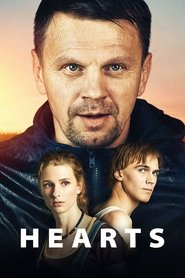 Early years of Lithuanian independence from...
Early years of Lithuanian independence from...Hearts 2018
Early years of Lithuanian independence from the soviets. Rebellious, weak hearted, but strong willed boy Saulius arrives at a youth sanatorium where he meets some charismatic friends, fights for the love of his life and gets some valuable life lessons from his coach.
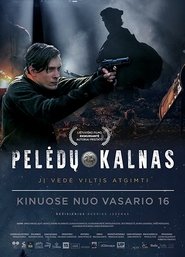 Radio Free Europe BBC and Voice...
Radio Free Europe BBC and Voice...Owl Mountain 2018
Radio Free Europe, BBC, and Voice of America can only rarely get through the Iron Curtain and Soviet mufflers to Lithuania, a country torn by a war between the local resistance movement and the Soviet regime that is forced onto Lithuanian people by bayonets of the Russian army. Everybody who tries to resist the Soviet rule is either terrorized or executed or exiled to Siberia. He is one of the local high-school students who witness the local armed resistance to the Soviet occupation and ultimately decide to join it by taking a gun into their hands. He collects documents and all possible kinds of evidence that prove daunting crimes of the Kremlin. He soon becomes a legend among his peers. To girls, he is John Wayne the Hollywood Icon. Guys see him as an insurmountable obstacle and an invincible rival in matters of love.
 Former KGB agent finds out that...
Former KGB agent finds out that...12 Chairs 2016
Former KGB agent finds out that his mother in law has hidden her treasures in one of chairs. Fast after he starts the search of diamonds and meets an aggressive modern man who helps him in his endeavors all over the place in nowadays Lithuania. Two very different men are united in their mutual desire to get rich.
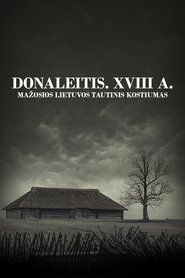 K Donelaitis epic Metai a multilayered...
K Donelaitis epic Metai a multilayered...Donaleitis. XVIII a. Mažosios Lietuvos tautinis kostiumas 2014
K. Donelaitis' epic "Metai", a multi-layered work. It reveals the characters, relationships and behaviour of the inhabitants of 18th century Lithuania Minor, their work, household details, drawings of nature, descriptions of national costumes...
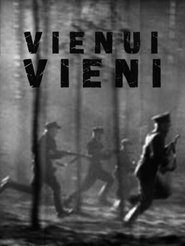 The film portrays Lukas attempts in...
The film portrays Lukas attempts in...Utterly Alone 2004
The film portrays Lukša's attempts, in trips to western Europe, to gain support for the armed anti-Soviet resistance (known as the Forest Brothers), whose fortunes in a guerrilla war against Soviet authorities were waning, largely due to widespread infiltration and harsh crackdowns by the NKVD.
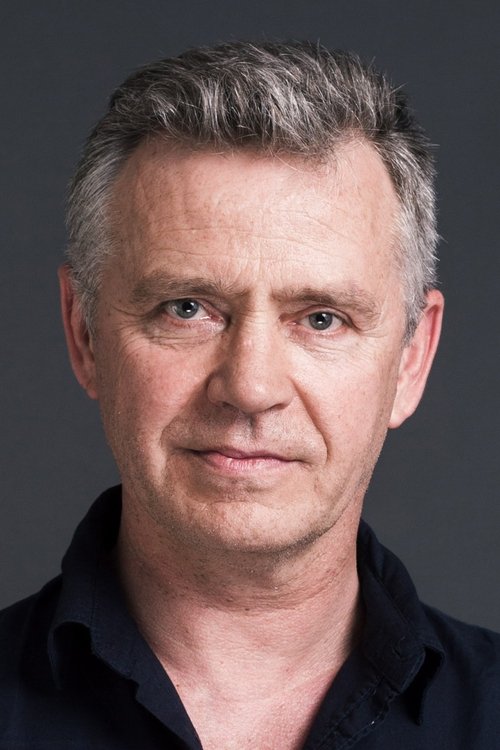
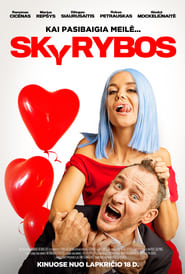
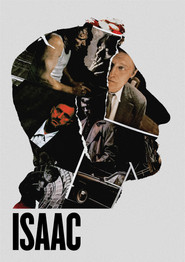 Kaunas Lithuania 1941 Lithuanian activist Andrius Gluosnis...
Kaunas Lithuania 1941 Lithuanian activist Andrius Gluosnis...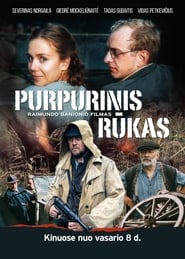 Purple Smoke tells the complex story...
Purple Smoke tells the complex story...